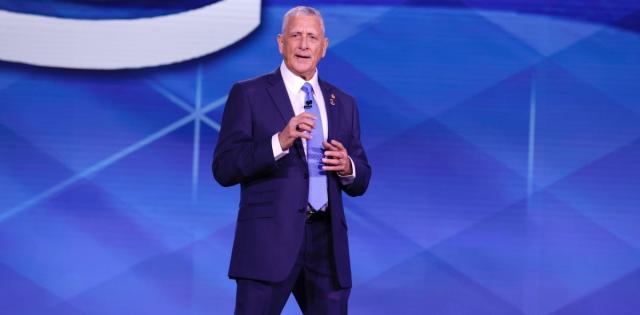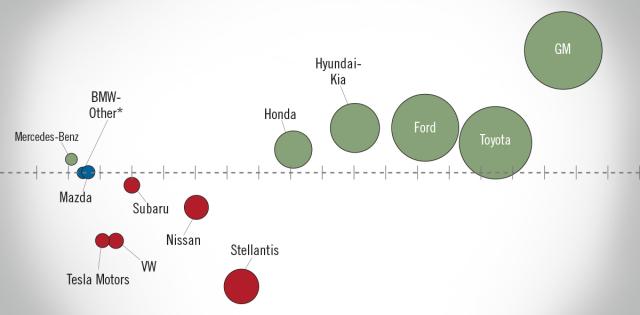Truck dealers nationwide have been navigating the emergence of EVs entering the marketplace. Our customers are just beginning to purchase electric trucks and high costs are among the challenges. That’s why ATD encourages all our members to be knowledgeable about the tax credits that are available at the federal, state, and local level.
On average, battery electric vehicles, plug-in hybrid electric vehicles, and fuel cell electric vehicles cost tens to hundreds of thousands of dollars more per vehicle than an ICE vehicle depending on the weight class and vehicle type. When we jump from current technology to new technology, price increases will be dramatic: the current price of a diesel sleeper tractor is over $150,000 and climbing. ATD is educating dealers on the commercial EV tax credits available to help customers as they make these large investments.
Fortunately, new commercial EV tax credits were included in the “Inflation Reduction Act (IRA) of 2022.” The bill created three tax credits for clean vehicles and one for re-fueling infrastructure. These credits are available and effective from January 1, 2023, through January 1, 2033. Recently, NADA/ATD hosted a webinar on these EV-related tax credits. The webinar outlines the types of vehicles and customers that may be eligible for these tax credits, and it is available to members here.
There are two pertinent credits for commercial motor vehicles:
The Section 45W Qualified Commercial Clean Vehicle Credit (QCCVC), and
The Section 30C Alternative Fuel Vehicle Refueling Property Credit (AFVRPC)
The QCCVC may not exceed the lesser of the following amounts:
-
15% of the vehicle purchase price for plug-in hybrid EVs.
-
30% of the vehicle purchase price for EVs and fuel cell EVs.
-
The incremental cost of the vehicle compared to an equivalent internal combustion engine vehicle.
In addition, maximum tax credits may not exceed $7,500 per vehicle purchased under 14,000 pounds gross vehicle weight rating (GVWR) and $40,000 per vehicle purchased above 14,000 pounds GVWR.
The AFVRPC applies to certain fuel equipment installations for hydrogen, electricity, E85, diesel fuel blends containing a minimum of 20% biodiesel, natural gas, or propane.
-
For AFVRP of a character subject to depreciation, the tax credit will either be 6% of cost of the AFVRP or 30% of cost of the AFVRP for projects that meet prevailing wage and registered apprenticeship requirements. Tax credits are capped at $100,000/item of AFVRP, but the IRS has yet to define what an “item” is.
-
Eligible fueling equipment must be installed in rural or low-income urban census tracts.
NADA/ATD has worked closely with Treasury and the IRS on numerous issues involved with the implementation of these credits. We filed extensive, formal comments last November and December. Please be aware that federal, state, local, utility, and other incentives are also available to assist customers with the purchase or lease of EVs and other alternative fuel vehicles. Also, be on the lookout for clean vehicle tax credit information from your OEMs and finance/lease sources.
I encourage ATD members to use the resources below to learn more about federal and state incentives or to contact ATD directly at atd@nada.org.
-
NADA/ATD EV incentives webpage
-
Review IRS information on Section 45W here.
-
Review Topic G of the IRS EV Credit Fact Sheet












